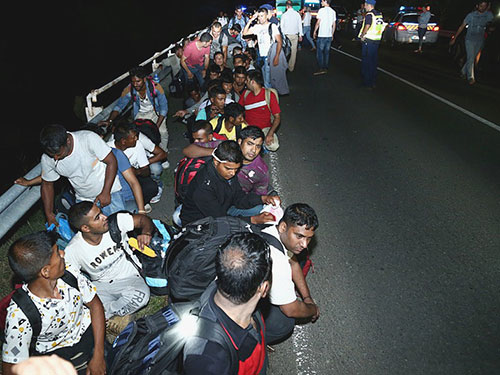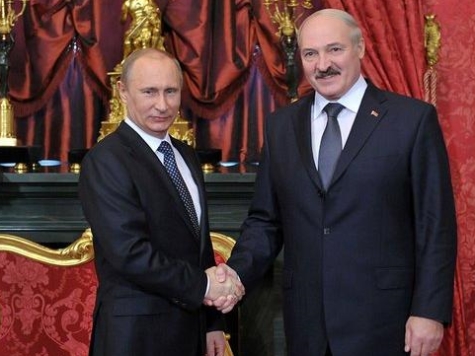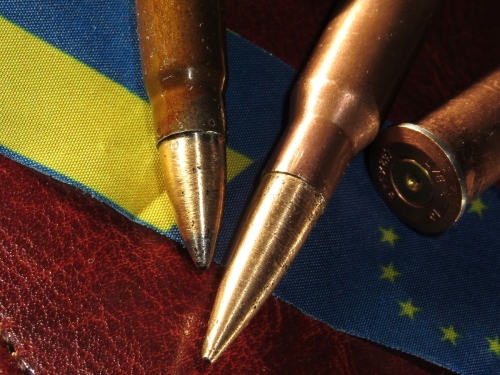
This article was originally published by the Centre for International Policy Studies (CIPS) on 16 October, 2015.
The Syrian refugee crisis has finally grabbed the world’s attention and is testing the sustainability of the European Union and its common asylum adjudication procedures. Policymakers are struggling to find solutions from under a complex latticework of administering and securitizing refugee and immigration admissions policy.
This struggle is amplified by the revelation that the influx may represent only the tip of a much larger cohort. As president of the European Council Donald Tusk predicted at a recent EU leaders summit: ‘The greatest tide of refugees and migrants is yet to come.’ These future asylum seekers are not only from Syria but also from Iraq, Afghanistan, and other impoverished, violent, and at-war states.




